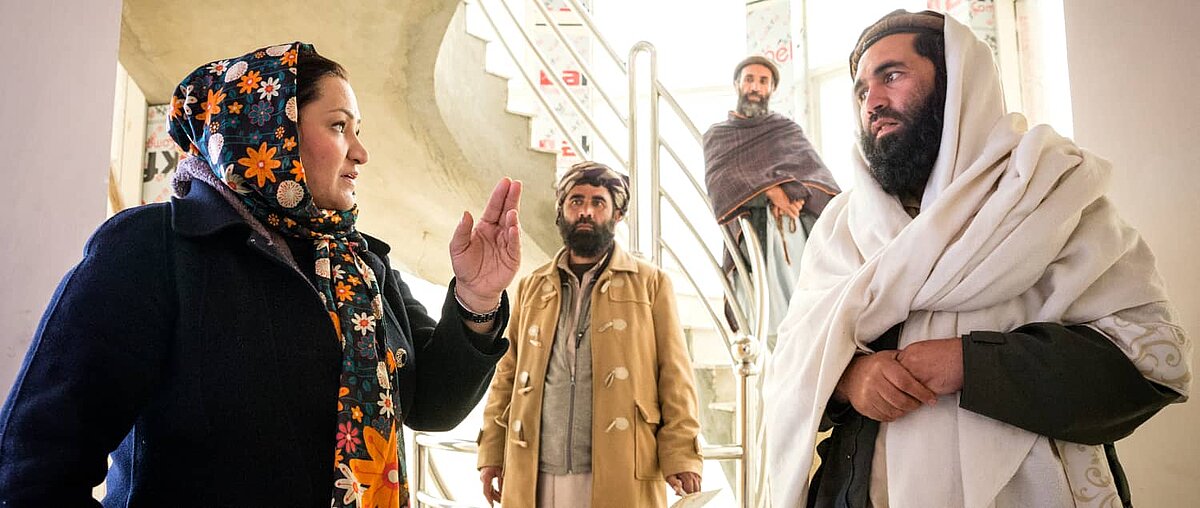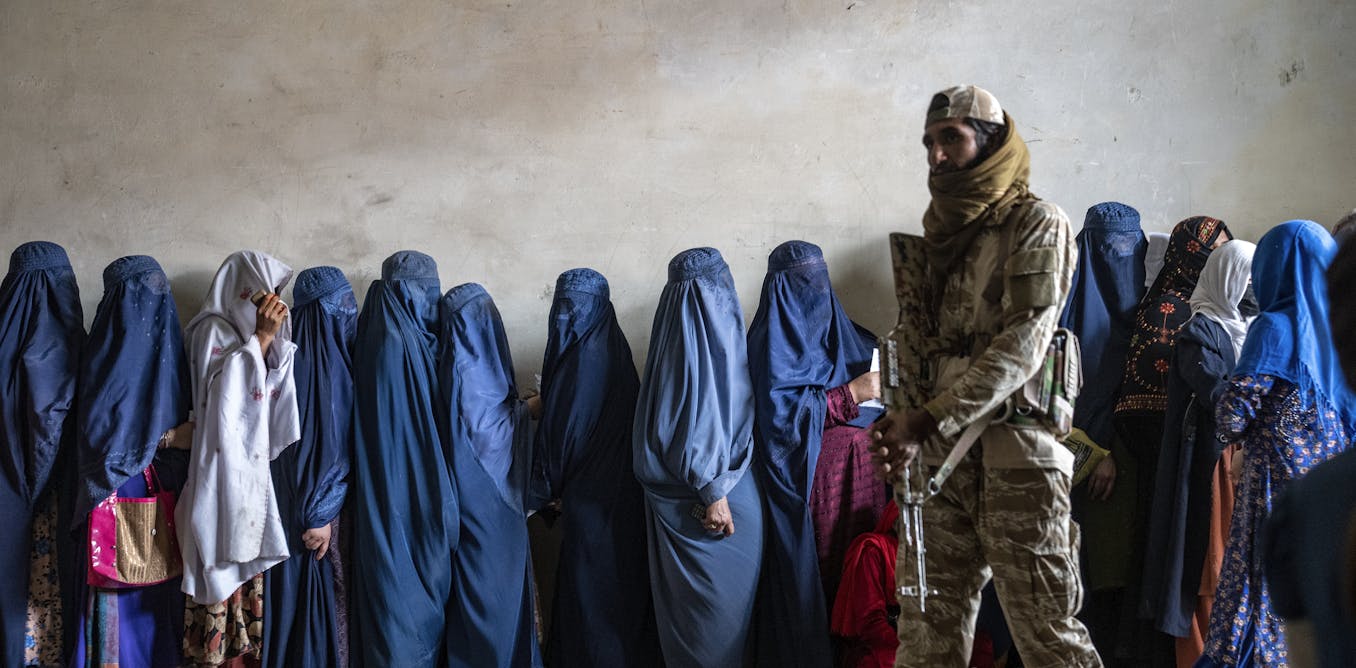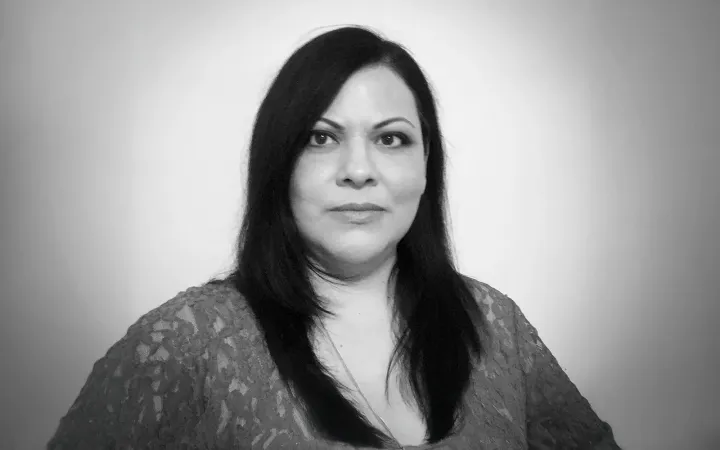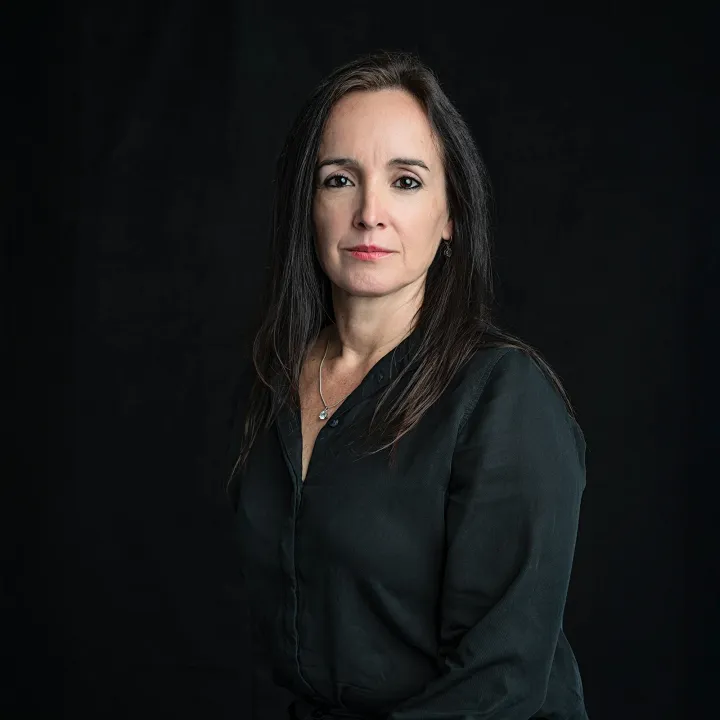Por Lourdes Encinas

Las mujeres en Afganistán se enfrentan a un escenario imposible: el régimen talibán las margina, les niega derechos humanos básicos y pretende desaparecer su presencia pública al negarles hasta el uso de la voz, una situación que expertos equiparan a un apartheid de género que debe ser tipificado como un crimen internacional.
El término apartheid se refiere a la segregación y discriminación sistemática a un segmento de la población, como ocurrió por motivos raciales en Estados Unidos y Sudáfrica. En el contexto de Afganistán, este concepto se ha transformado en una realidad para las mujeres y las niñas, que sufren un retroceso alarmante de sus derechos, como en ningún otro país del mundo.
Durante el dominio talibán anterior (1996-2001), a las mujeres se les excluyó del ámbito laboral y educativo, se les impusieron estrictos códigos de vestimenta y la obligación de salir siempre acompañadas de un familiar masculino. Tras su caída, se recuperaron espacios y derechos civiles, que fueron revertidos con su regreso al poder en 2021.
El verdadero borrado de mujeres
Las mujeres y niñas afganas se enfrentan hoy a un régimen que no sólo las margina, sino que pretende borrarlas por completo: las últimas prohibiciones les impiden asomarse a las ventanas de sus casas para no ser vistas, hablar en voz alta en la vía pública para no ser escuchadas y prohíbe que sus imágenes se publiquen en periódicos o revistas.
Este sistema de opresión y exclusión no solo las afecta a ellas, sino que impacta a la sociedad en general al limitar el potencial y las aportaciones de la mitad de su población. La falta de mujeres en la fuerza laboral significa que Afganistán está perdiendo una parte significativa de su capital humano y económico.
Defensores de derechos humanos, Amnistía Internacional y la ONU consideran que el apartheid de género (que incluye a la población LGBTQI+) debe ser reconocido por la Corte Penal Internacional como un crimen de derecho internacional, lo que proporcionaría un instrumento jurídico para presionar y emitir sanciones a los gobiernos de Afganistán e Irán, donde ocurre una situación muy similar.
Algunos países, como Sudáfrica, han instado al resto a tomar medidas colectivas, enfatizando la necesidad de una respuesta coordinada para abordar esta crisis e implementar mecanismos de refugio y asilo para aquellas que logran huir de la persecución.
Lo cierto es que la comunidad internacional ha sido laxa ante el nivel de la emergencia, en parte por los propios conflictos internos por los que atraviesan muchos países, y también debido a la complejidad de la situación geopolítica de esa región. Se ha hecho poco y sin contundencia.
Cómo apoyar desde la sociedad civil
Hay diversas iniciativas que van desde hacer donaciones a ONG que trabajan en la región, campañas de difusión como #StandWithAfghanWomen, y cabildeo para presionar la intervención de gobiernos y organismos internacionales. Existe una campaña global por el reconocimiento del apartheid de género en el derecho internacional a la que puede sumarse desde aquí: https://endgenderapartheid.today/.
Firmar una petición puede parecer poco, pero cada acción cuenta. Lo peor que podemos hacer es callarnos nosotras también. Las que sí tenemos voz, las que sí podemos protestar, debemos hacerlo por ellas.
Hay un contexto generalizado de conflictos y retrocesos en el mundo; cuando eso ocurre, los primeros derechos en ser afectados son los de las mujeres. No podemos dar ningún avance por sentado.
Nada nos garantiza, por ejemplo, que el nuevo sistema judicial que tendremos en México mantendrá los derechos alcanzados por las mujeres, muchos de ellos a punta de sentencias de la Suprema Corte de Justicia de la Nación, que está a punto de ser otra.
Ahí está el caso del retroceso en los derechos reproductivos de las mujeres en Estados Unidos, como ejemplo cercano y reciente.
A manera de resumen
Amnistía Internacional enlista las diez principales restricciones impuestas por los talibanes a las mujeres y niñas de Afganistán:
1. Estudiar. Se prohíbe a las niñas continuar sus estudios después de la educación secundaria.
2. Trabajar. Solo pueden trabajar en ciertas áreas del sector salud y la educación primaria, para atender a otras mujeres.
3. Elegir vestimenta. Deben salir de su casa cubiertas de la cabeza a los pies con una burka y no pueden usar zapatos de tacón.
4. Salir de casa solas. En todo momento deben estar acompañadas por un mahram, que es un familiar masculino cercano.
5. Practicar deporte. Tampoco pueden ir a parques o baños públicos.
6. Segregación en el transporte público.
7. Elegir con quién y cuándo casarse, cuántos hijos e hijas tener. El número de matrimonios forzados y precoces ha aumentado, a la par que los talibanes obligan a mujeres a casarse con otro talibán.
8. Ir al salón de belleza. Se calcula que los talibanes forzaron el cierre de 60 mil salones de belleza propiedad de mujeres.
9. Protestar. La libertad de expresión, de asociación y de reunión les está negada, so pena de severos castigos corporales.
10. Ser vistas y escuchadas. Las mujeres deben evitar asomarse a las ventanas de sus casas y nadie puede fotografiarlas, filmarlas o publicar imágenes de ellas. Tampoco pueden hablar en voz alta cuando estén fuera de sus casas para que los hombres no puedan escucharlas.
Para ampliar la información:



Las opiniones expresadas son responsabilidad de sus autoras y son absolutamente independientes a la postura y línea editorial de Opinión 51.









Comments ()